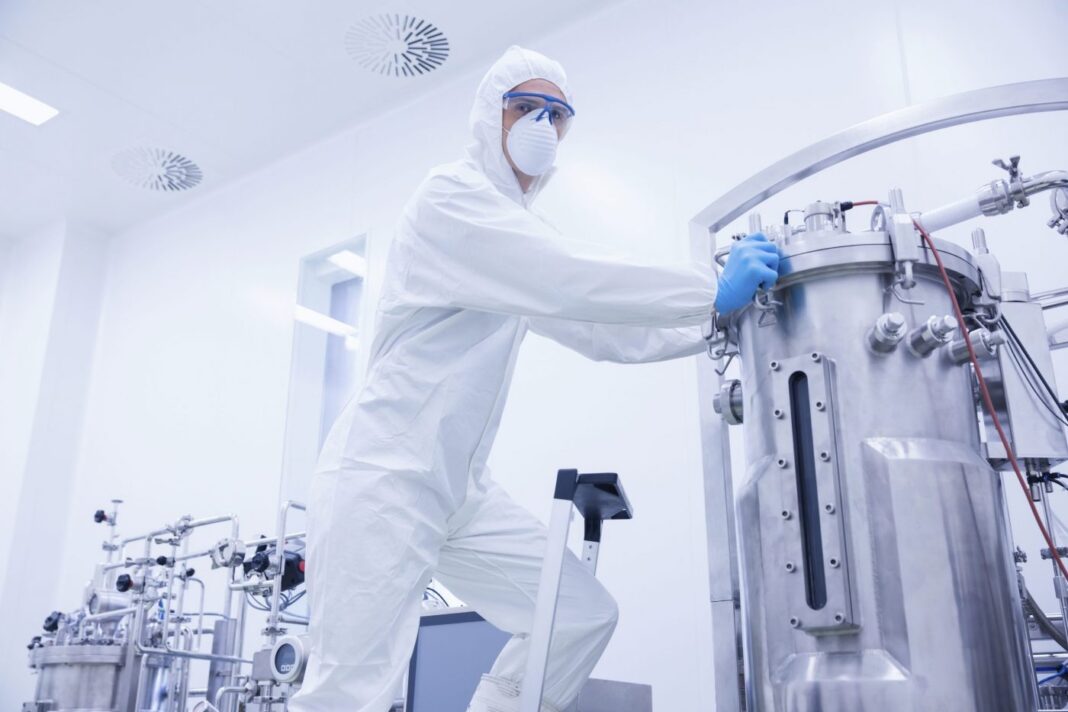The biopharmaceutical industry has started to embrace advanced manufacturing techniques such as those coming under the umbrella of Bioprocess 4.0, say experts, who cite regulatory support and a desire for efficiency as adoption drivers. In 2014, the FDA set up its emerging technology program (ETP). The aim was to help biopharma address the technical and regulatory challenges encountered when adopting innovative approaches to manufacturing.
The program has had a real impact according to Andrew Powaleny, director of public affairs at PhRMA.
“This [the ETP] is an important step toward broader adoption of advanced manufacturing technologies as FDA guidance and institutionalization of a risk-based approach to develop and evaluate emerging technologies will be needed to facilitate the implementation of new technologies in industry product development programs,” he said. “PhRMA continues to support the ETP and encourages the FDA and regulators around the globe to establish a clear and consistent regulatory pathway for emerging manufacturing technologies.”
To advance research and development into new areas, “process innovations can be as important as product innovations,” he added.
Powaleny cited processes such as continuous manufacturing, high-volume cell processing, and advanced purification, preservation, and distribution modes, as examples of innovations that are key to manufacturing medicines.
Carl Lawton, director of the Massachusetts Biomanufacturing Center at UMass Lowell and associate professor of chemical engineering has a similar view.
“Biotherapeutic companies are increasingly interested in continuous manufacturing due to its superior benefits such as increased volumetric productivity, manufacturing flexibility, reduced equipment size, and enhanced product quality.
“Resistance to embrace innovative technologies is due to perceived increased risk. Once innovative firms implement new technologies the others tend to follow. The FDA and European Medicines Agency have been supportive of innovative technologies that lead to improved product quality.”
Efficiency drive
In addition to regulatory support, industry adoption of innovative manufacturing techniques is driven by a desire for efficiency, said Adam Harvey, PhD, professor of process intensification at Newcastle University in the U.K.
“Continuous manufacturing should lead to cheaper, smaller, more efficient processes. This should reduce the price of medicines, reduce the time-to-market, and increase inherent safety,” he pointed out.
Harvey, who has led the university’s process intensification group since 2006, says 3D printing is key to creating the tech biopharma needs to use advanced manufacturing techniques.
“3D printing specifically should allow bespoke continuous process technology to be developed in the laboratory which will accelerate scale up to full production,” he explained.
“It should also facilitate miniature process plants for ‘distributed production’ and/or on-demand production of biopharmaceuticals, and for targeted treatment of biologically active wastes at hospital scale. One reason for this is the ability to print out complex geometries quickly, where conventional manufacture would have taken weeks.”






